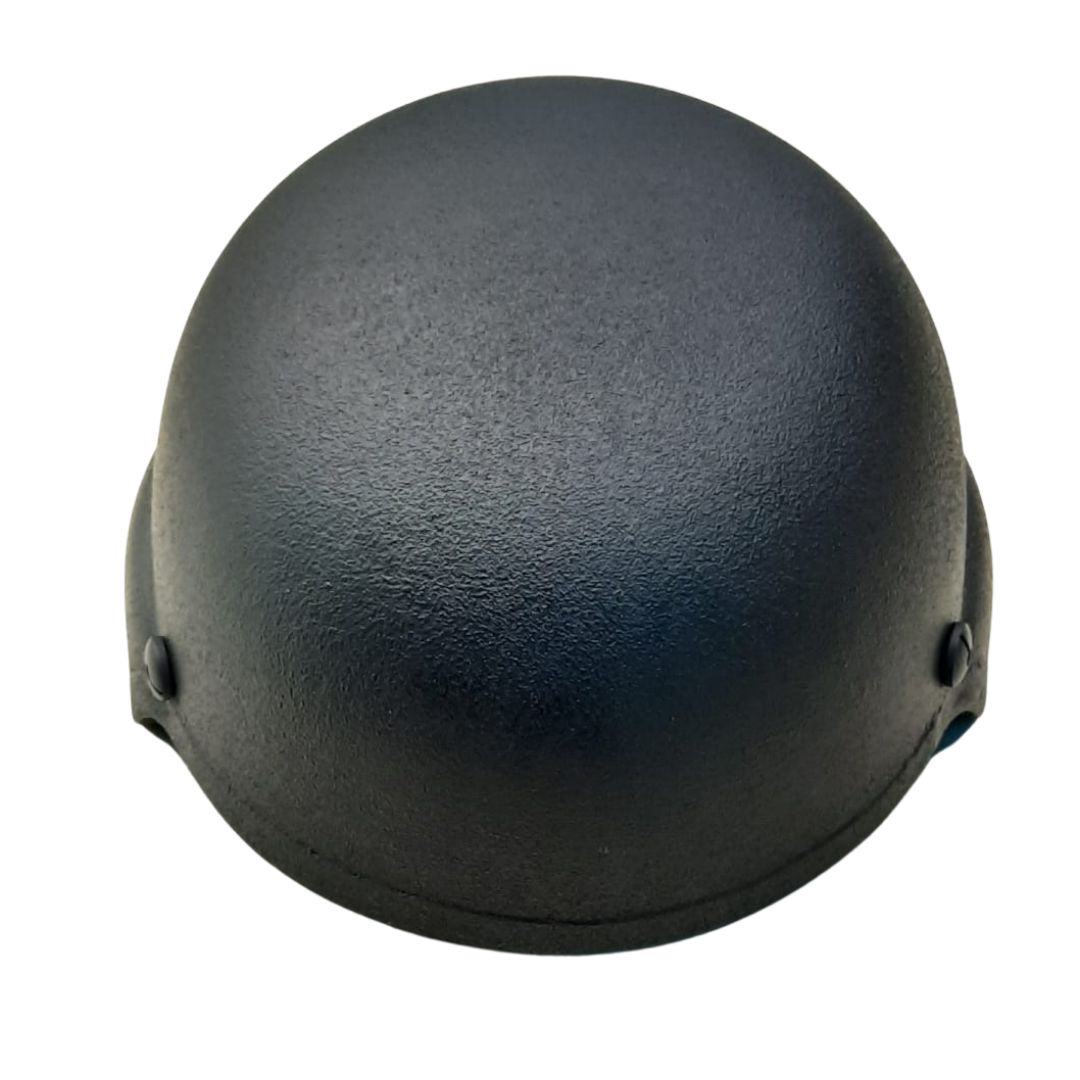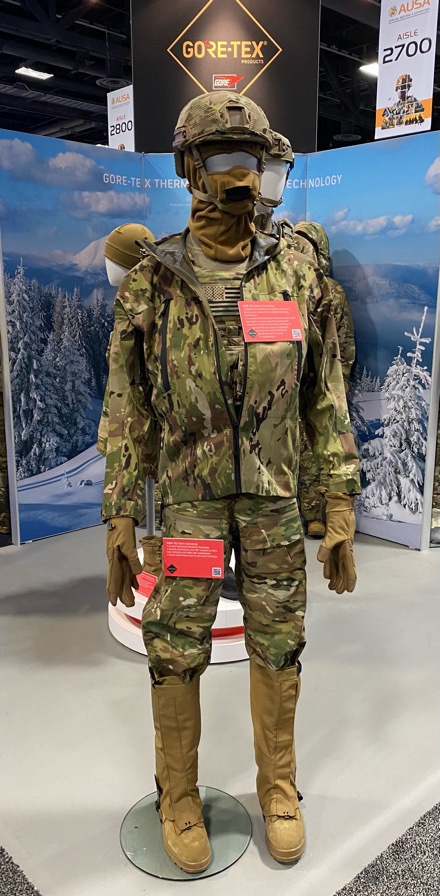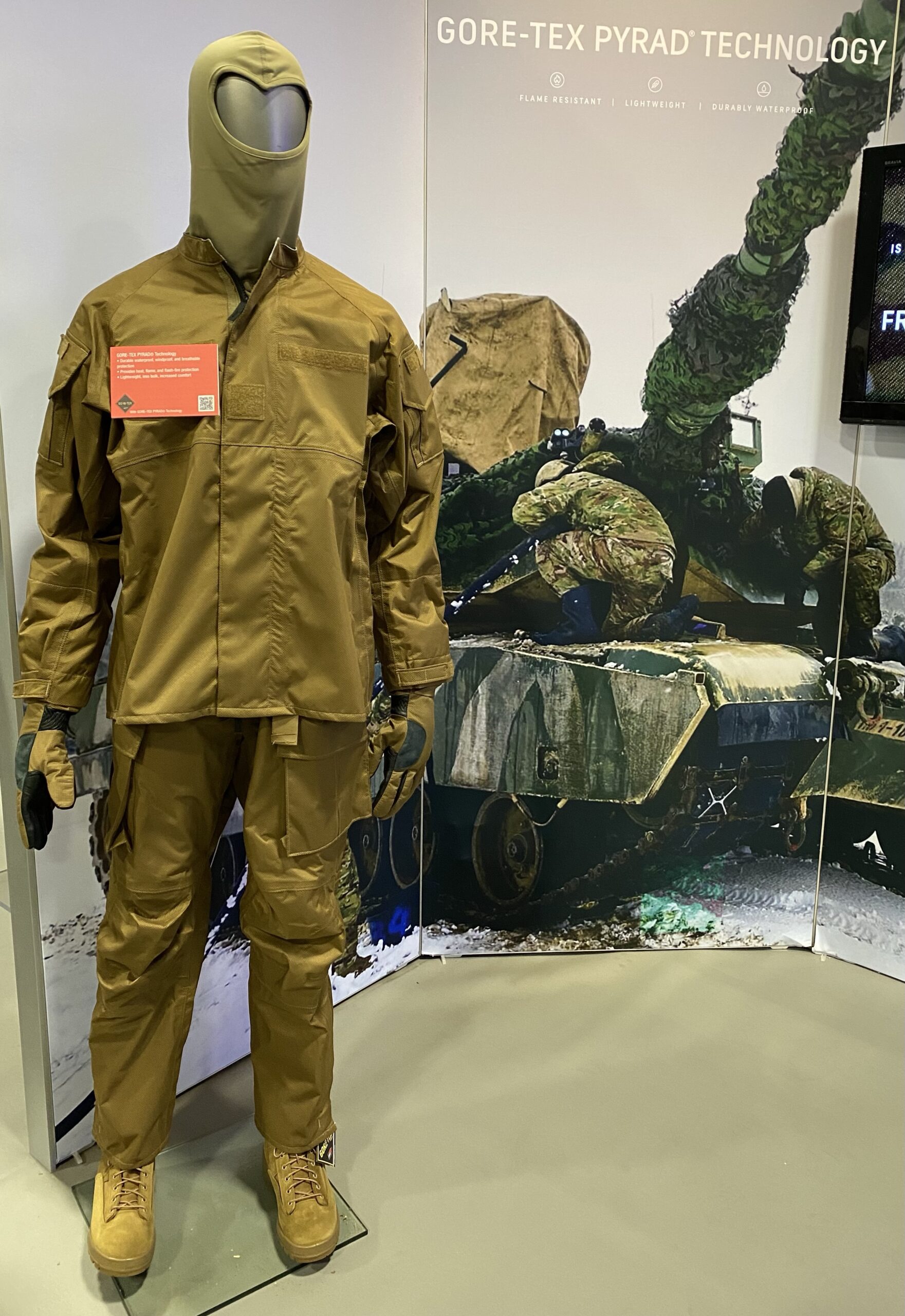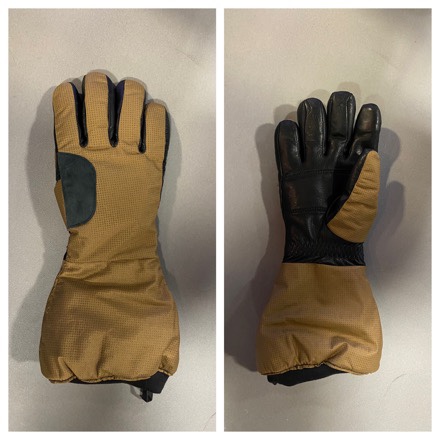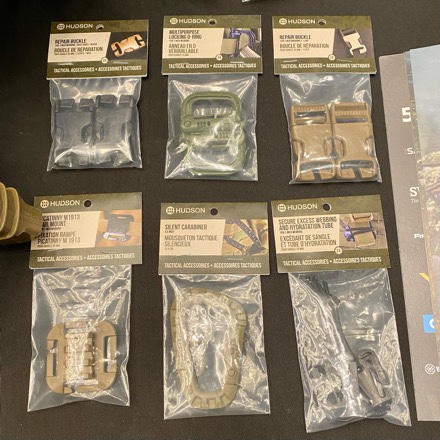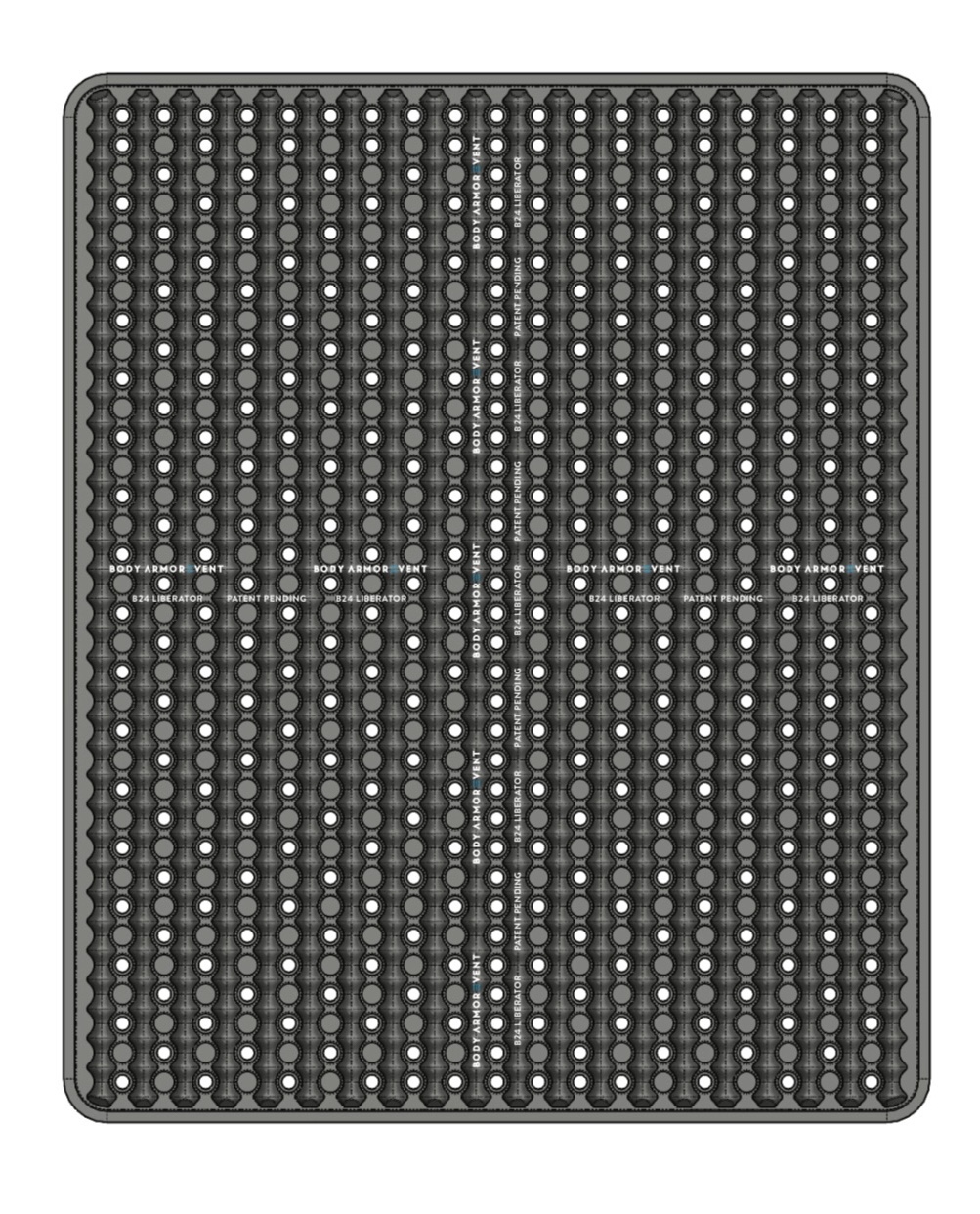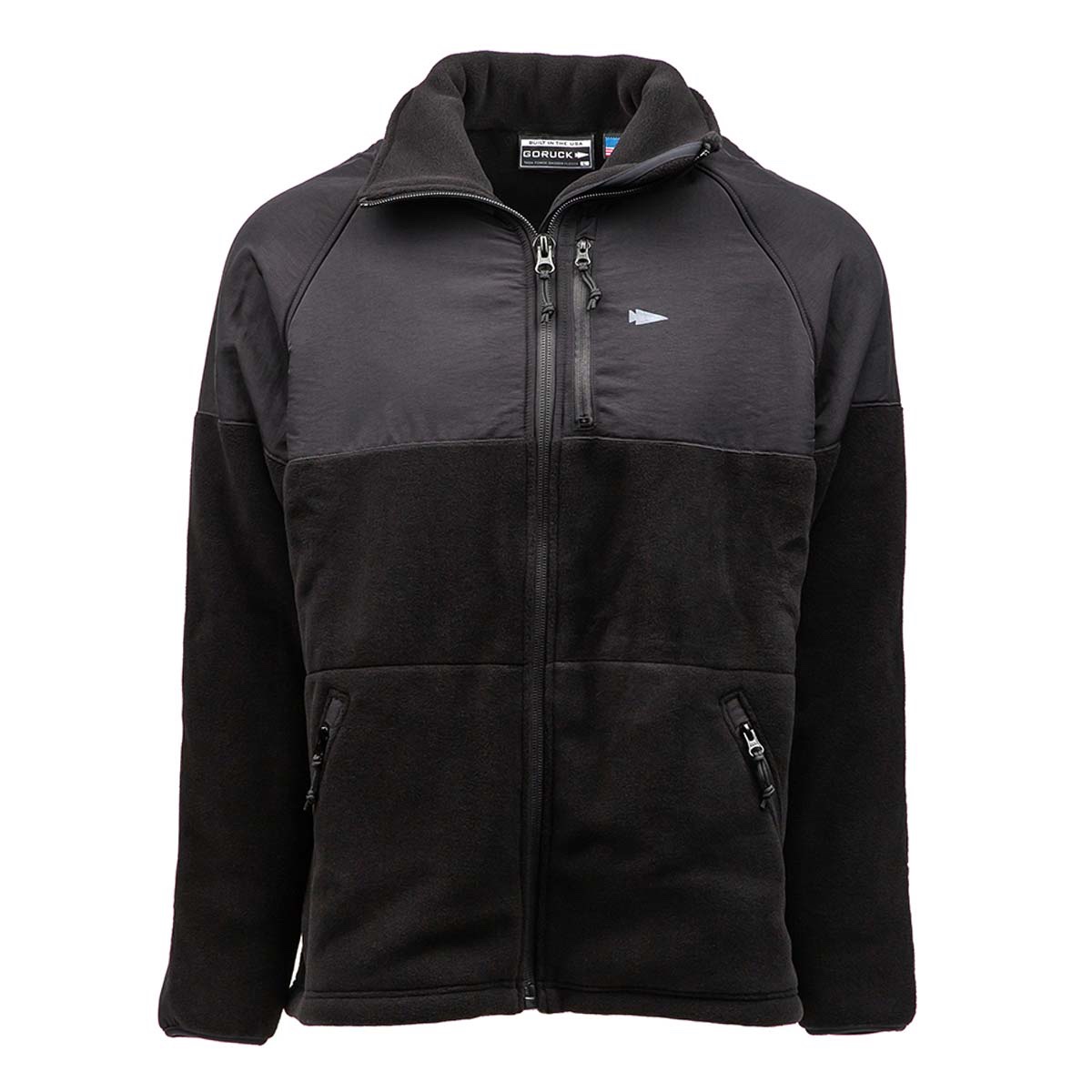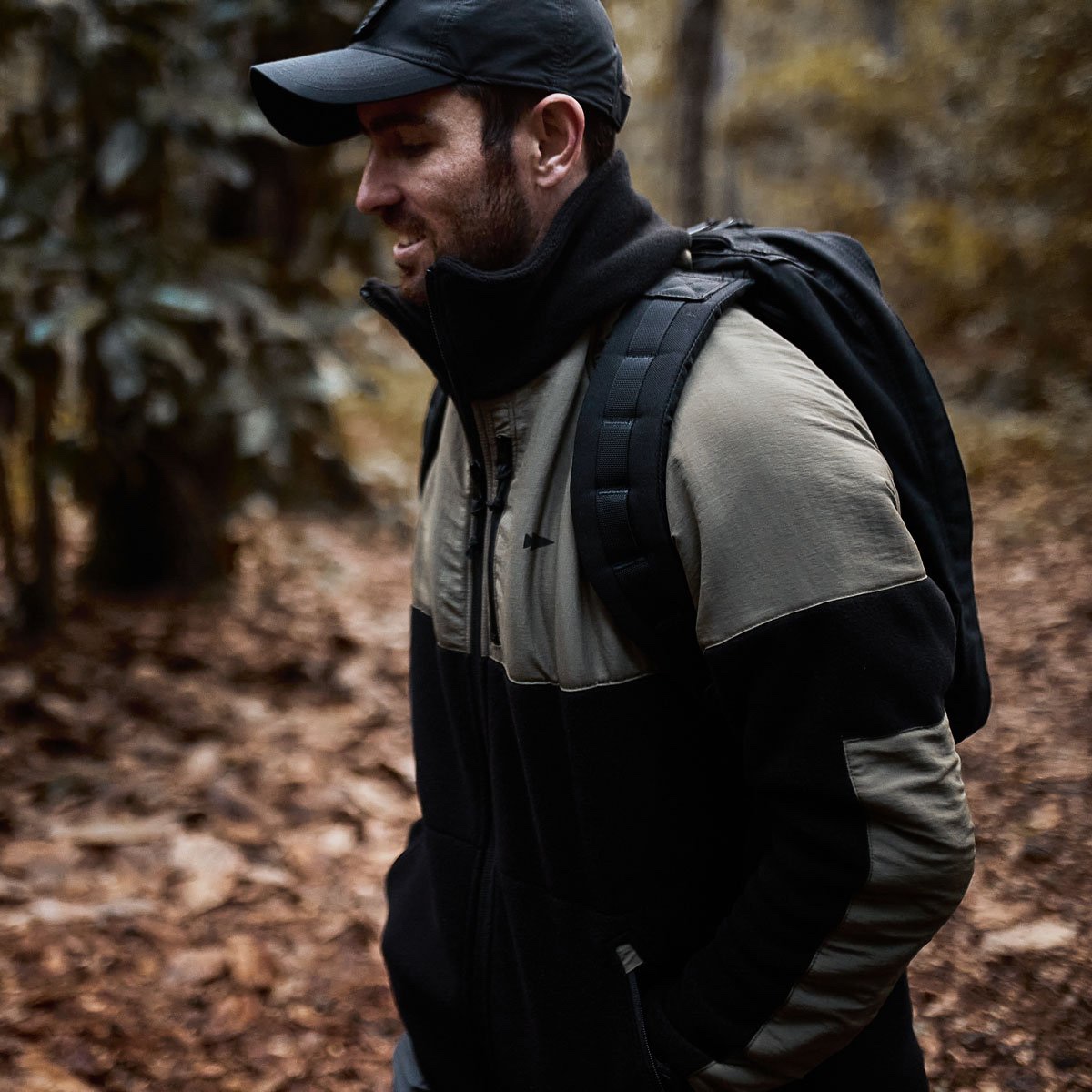· New high-performing, lightweight ballistic material provides increased protection from both blades and spikes; meets stringent regulations for law enforcement vests
· Company’s Gold Shield and Spectra Shield products used globally for advanced armor applications
MORRIS PLAINS, N.J., Oct. 18, 2021 — Honeywell today announced Gold Shield® MT, a revolutionary high-performing ballistic composite material that provides advanced protection from multi-threats, such as blades and spikes, as well as bullet-stopping capabilities and controlled backface deformation in ballistic protective vests for law enforcement. The newest addition to the company’s innovative line of Gold Shield and Spectra Shield products, Gold Shield MT will be introduced at Milipol Paris.
Gold Shield MT uses Honeywell’s patented Shield technology made with aramid fiber and new innovative process technology for stab resistance, and extends Honeywell’s Gold Shield product line for law enforcement from ballistics protection to multi-threat protection from blades and spikes. Honeywell’s Gold Shield outperforms woven aramid products in protecting against various types of trauma such as multi-hit, ballistics and backface. It also enables ballistic protection vests to have the durability and strength that meet the strenuous requirements of law enforcement vest applications.
“Honeywell’s global supply of ballistic composite materials helps ensure that law enforcement agencies and militaries have access to the world’s leading armor technology,” said Tim Swinger, general manager of armor at Honeywell Life Sciences & Protection Industries. “With Gold Shield MT, manufacturers of ballistic protection vests can incorporate a multi-protection lightweight material into designs that offers increased protection against both blades and spikes, and contributes to ballistic resistance performance.”
Gold Shield MT meets global regulatory standards for law enforcement vest applications, including NIJ, VPAM, and CAST for stab and impact resistant protective equipment.
To meet the global body armor demand, Honeywell in 2019 announced increased production capacity of its proprietary Spectra fiber, an ultra-strong, yet lightweight fiber made from ultra-high molecular-weight polyethylene (UHMWPE) for use in advanced armor applications. Honeywell’s Spectra Shield and Gold Shield products have been widely adopted and proven for the most advanced armor applications globally, from bullet-resistant vests, breast plates and helmets to combat vehicles and military aircraft- all of which require lightweight solutions and superior performance.
“Gold Shield MT will allow Honeywell to offer new solutions through our Shield portfolio to provide even more comprehensive protection with multi-threat ballistic material for next-generation protective gear for the military and law enforcement,” added Swinger.
Pound for pound, Spectra fiber is 15 times stronger than steel, yet light enough to float. It has up to 60% greater strength than alternate aramid fiber. Spectra fiber is made from UHMWPE using a patented gel-spinning process.
Honeywell maintains an active Spectra fiber and ballistic materials research program focused on continuous improvement and development of high-performance materials. For more information about Spectra fiber, visit www.honeywell-spectra.com


